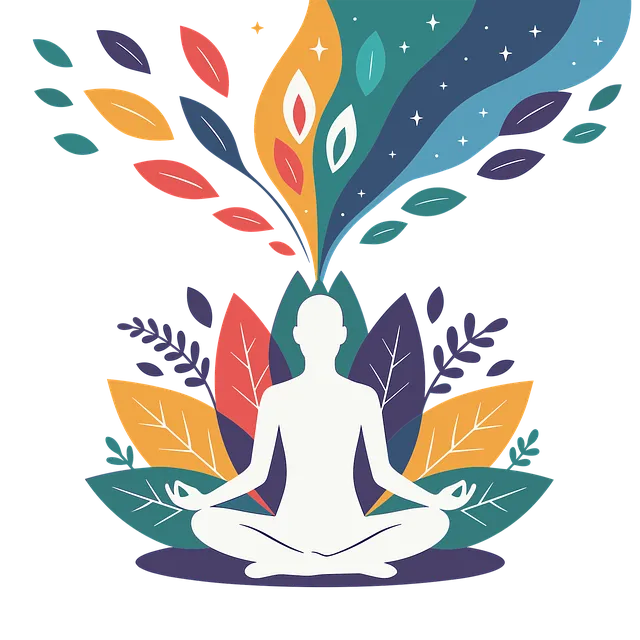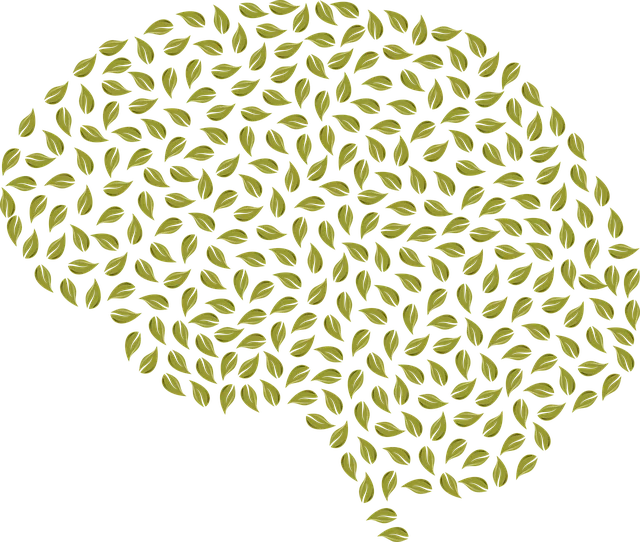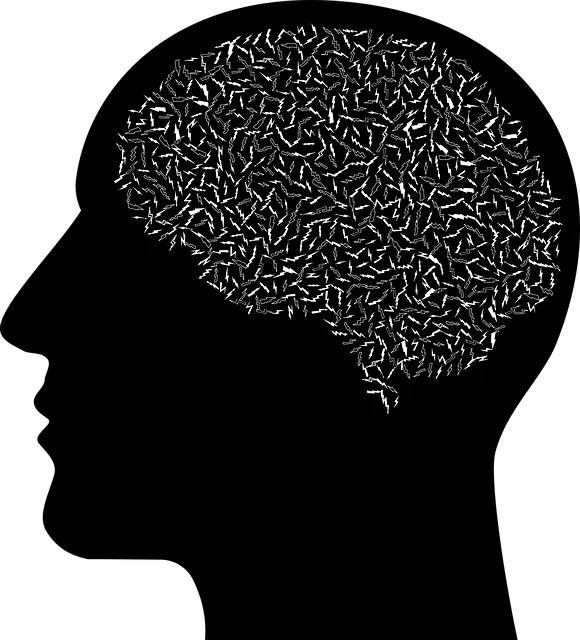Journaling, as promoted by the Kaiser Permanente Mental Health Center in Littleton, is a powerful tool for enhancing mental wellness. By regularly documenting thoughts and emotions, individuals gain insights into emotional patterns, reduce stress, anxiety, and burnout, and build resilience. This practice equips them to face life's challenges with inner strength. The center offers practical tips for beginners, emphasizing dedicated spaces, consistent writing, and prompts like "What made me happy today?" to encourage self-reflection. Incorporating journaling into daily routines can significantly improve long-term mental wellbeing by fostering self-awareness, breaking down destructive thought cycles, and promoting healthier coping mechanisms.
Unwind and reconnect with yourself through the transformative power of mental wellness journaling. This practice, backed by experts from the Kaiser Permanente Mental Health Center Littleton, offers a personalized space to explore emotions, gain clarity, and cultivate resilience. In this guide, discover how dedicated journaling can enhance your mental wellbeing over time. Learn practical tips on getting started and seamlessly integrating this powerful tool into your daily routine.
- Understanding the Benefits of Mental Wellness Journaling
- Getting Started with Your Journal: Tips and Techniques from the Kaiser Permanente Mental Health Center Littleton
- Incorporating Journaling into Your Daily Routine for Long-Term Mental Wellbeing
Understanding the Benefits of Mental Wellness Journaling

Journaling has emerged as a powerful tool for mental wellness, and many individuals turn to this practice to gain clarity, process emotions, and cultivate inner strength. At the Kaiser Permanente Mental Health Center in Littleton, we recognize the profound impact that regular journaling can have on overall well-being. By committing to this habit, you create a safe space to explore your thoughts and feelings, which is essential for managing stress, anxiety, and even preventing burnout.
This practice allows for self-reflection and mental health education, empowering individuals to better understand their emotional patterns. It provides an opportunity to track progress, identify triggers, and celebrate achievements in building resilience. Through journaling, you can develop a deeper connection with yourself, fostering inner strength that is vital for navigating life’s challenges and transformations.
Getting Started with Your Journal: Tips and Techniques from the Kaiser Permanente Mental Health Center Littleton

Starting your journaling journey can feel daunting, but the Kaiser Permanente Mental Health Center Littleton offers some practical tips to make it an enjoyable and therapeutic experience. Begin by setting aside a dedicated space for your journal—a quiet, comfortable area where you can reflect in peace. Choose a format that suits you; it could be a traditional notebook or a digital document. The key is consistency; aim to write regularly, whether daily or weekly, to establish a routine.
They suggest beginning each entry with a prompt, like “What made me happy today?” or “How am I feeling and why?” This encourages self-reflection and awareness. Don’t worry about perfect grammar or spelling; let your thoughts flow freely. You can also incorporate various techniques, such as listing achievements, meditating on gratitude, or using colours and drawings to represent emotions—all of which the Kaiser Permanente Mental Health Center Littleton recommends for a unique and effective communication strategy. Remember, journaling is a powerful tool to boost confidence and provide crisis intervention guidance during mental health journeys.
Incorporating Journaling into Your Daily Routine for Long-Term Mental Wellbeing

Incorporating regular journaling into your daily routine can be a powerful tool for enhancing long-term mental wellbeing, as advocated by professionals at Kaiser Permanente mental health center Littleton. Dedicating just a few minutes each day to write down thoughts, feelings, and experiences allows individuals to gain valuable insights into their emotional states and identify potential triggers or patterns that contribute to stress or mental illness. This practice fosters self-awareness and provides an outlet for processing complex emotions, which is essential in the ongoing journey towards better mental health.
Beyond its therapeutic benefits, journaling also serves as a form of mindfulness practice. By encouraging individuals to focus on the present moment and reflect on their experiences, it helps break down destructive thought cycles and promotes healthier coping mechanisms. Moreover, consistent journaling can be an effective strategy within Mental Illness Stigma Reduction Efforts, fostering Empathy Building Strategies by providing a platform for expressing personal struggles and connecting with others who may have similar experiences. This act of sharing can contribute to Depression Prevention efforts as well, as it helps individuals feel less alone in their battles and encourages support from friends, family, or mental health professionals.
Mental wellness journaling can be a powerful tool for improving and maintaining your overall well-being. By following the guidance from the Kaiser Permanente Mental Health Center Littleton, you can unlock the benefits of self-reflection and emotional expression through writing. Incorporating this practice into your daily routine allows you to track your progress, process thoughts, and cultivate a deeper understanding of yourself. Start your journaling journey today and take control of your mental health with this simple yet effective exercise.






